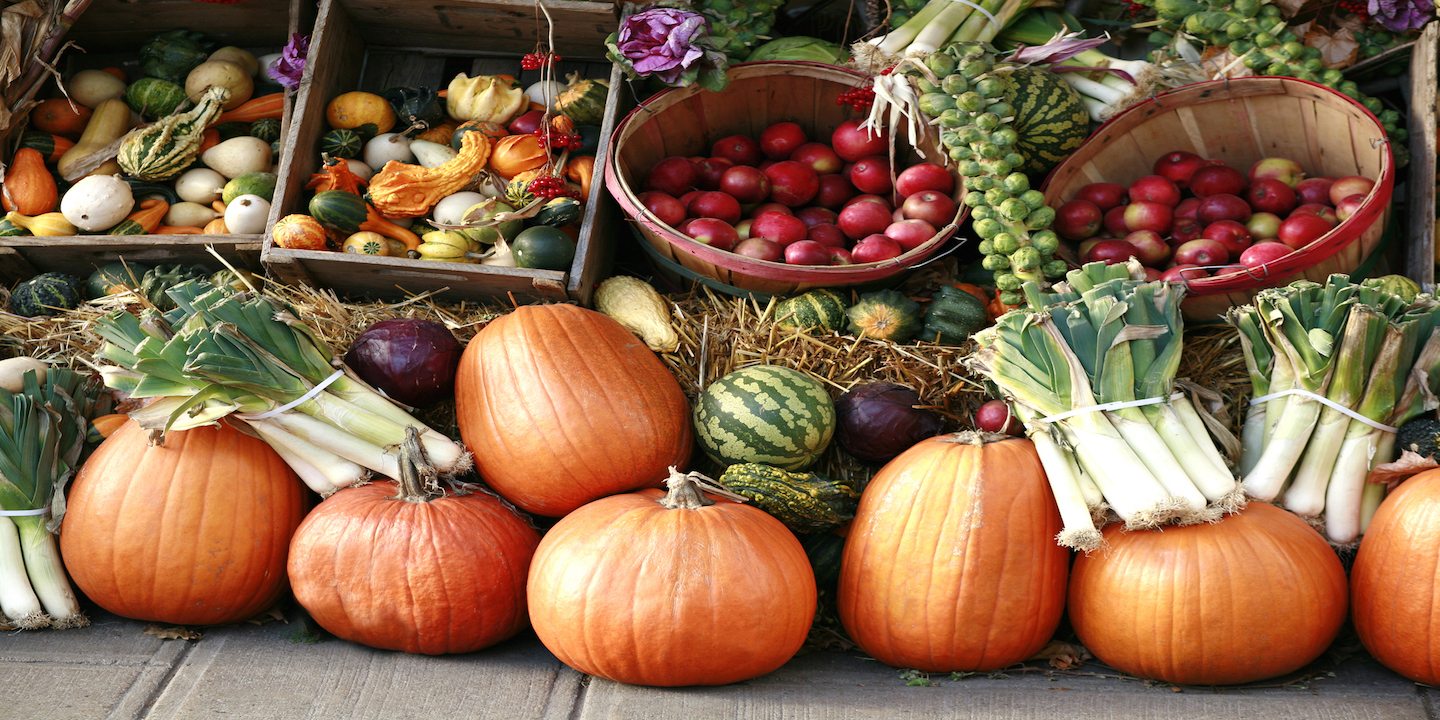If you suffer from eczema you know that the itching, redness, peeling, cracking and even blistering can range from annoying to debilitating. It can be very hard to pinpoint what the trigger is especially as the severity and location of the rash can change quickly.
What is most frequently prescribed for eczema, or most rashes for that matter, is topical cortisone cream. While this can be very helpful in the short term to decrease severity of symptoms and therefore sometimes your sanity (trust me I’ve been there!), longterm use of cortisone cream can thin your skin and simply suppresses the rash instead of targeting the cause. For those with eczema on their face, cortisone cream is still prescribed, although with a disclaimer to not use too much or longterm. However, what else are you supposed to use if the rash does not go away?
This is where Naturopathic Medicine can step in. By treating the root cause of eczema, the use of cortisone cream becomes minimal or not even necessary and your skin can look and feel as good as new! The root is typically due to poor gut health and immune function so that is what I target first for my patients.
6 Steps to Healing Eczema
1. Determine any pattern:
Patterns are helpful to determine to better identify the cause. Take note if your skin is worse in the heat or cold. Do you notice a correlation between your hormones and skin, eg. does it flare just before your period or improve during pregnancy?
2. Look at your diet:
The most common cause of eczema I see in my practice is due to a food sensitivity damaging the gut. Food sensitivities can be determined through an elimination diet or a simple blood prick test. The most common food trigger I see related to skin issues is dairy. You may not need to eliminate all dairy longterm, however I suggest avoiding all in your diet for 4 weeks and take not of any skin improvements. Other common food triggers are wheat, eggs, soy and corn.
3. Heal the gut:
From experience, simply eliminating a food may not do the trick completely, especially if too much damage has been done to the gut. That is why I always pair an elimination diet with gut healing support. With continued stressors, a molecule called zonulin is released which weakens the tight junctions holding the intestinal cells together, allowing more permeability. It is therefore important to knit those cells back together with amino acids found in collagen or from glutamine. Some of the most effective gut healing supplements are probiotics, glutamine or collagen powder and omega 3 oil. Dosing depends on severity of the symptoms.
4. Control the immune function:
When the gut is more permeable, the immune system then reacts to foreign substances to leak through into the blood stream. It is therefore important to support and control the immune system to decrease inflammation. Probiotics, omega 3 fish oil and D3 are all helpful nutrients for this purpose.
5. Heal the skin:
As we work on healing the gut, it is helpful to calm down the inflammation on the skin directly, depending on the severity of the symptoms. My go-to cream for this purpose contains a variety of soothing and healing herbs and nutrients including calendula, aloe vera and vitamin E.
6 . Address stress:
Last but not least, address your stress levels! High cortisol exacerbates inflammation both in the digestive tract and throughout the body. Consider adrenal or stress support supplements, create a mindfulness practice for yourself and get some sleep, eight hours every night!
If you struggle with eczema try out these tips or don't hesitate to reach out to discuss proper diet changes, supplements and dosing for you.
In health & happiness,
Dr. Karen






